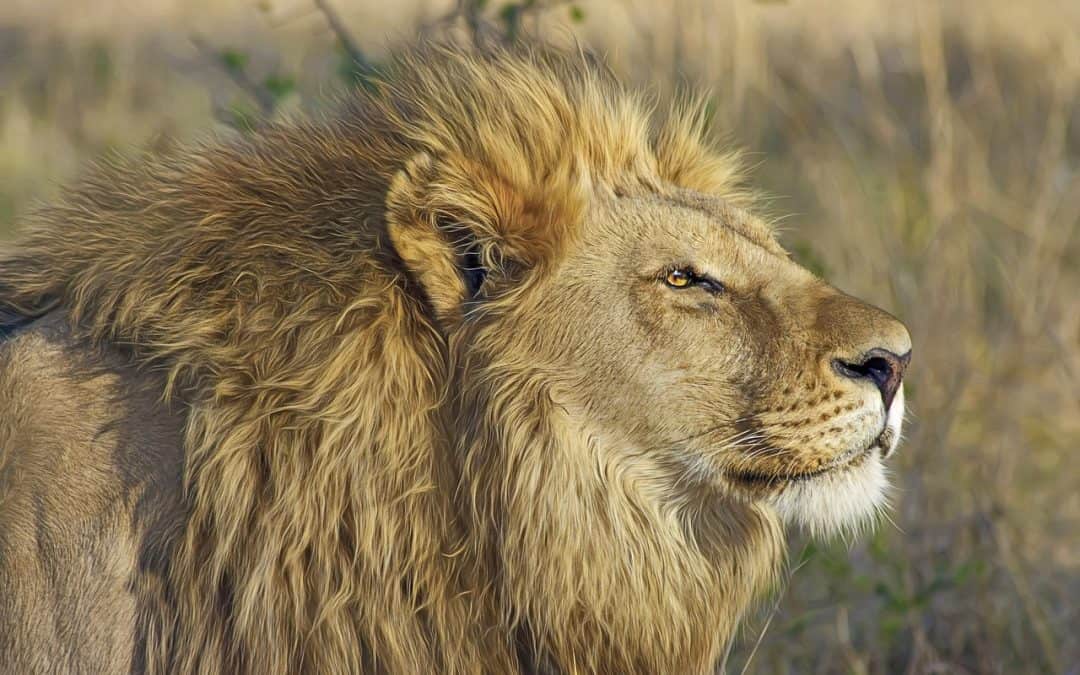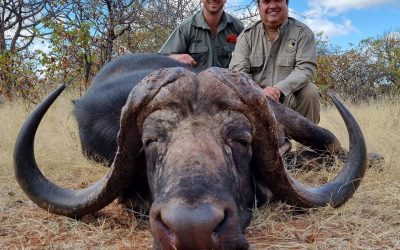So, you’ve decided to go hunting in Africa. Congratulations! But before you grab your gear and hop on a plane, it’s important to consider the physical demands that this exhilarating adventure entails. The wild terrain, extreme temperatures, and long hours spent tracking game can push your body to its limits. To fully enjoy your hunting experience in Africa and ensure your safety, it’s crucial to adequately prepare yourself physically. From physical training and endurance exercises to acclimating to the local environment, this article will provide you with valuable insights on how to best prepare for the physical demands of hunting in Africa.
Fitness Level
Evaluation
Before embarking on a hunting trip in Africa, it is crucial to evaluate your current fitness level. This will help you understand where you stand in terms of endurance, strength, flexibility, and overall physical condition. An honest assessment of your fitness will aid in determining which areas you need to focus on to prepare your body for the physical demands of hunting in Africa.
Endurance Training
Endurance training is essential for hunting in Africa, as it often involves long periods of walking or tracking animals. To improve your endurance, consider incorporating activities such as jogging, swimming, or hiking into your exercise routine. These exercises not only enhance cardiovascular health but also build stamina, allowing you to endure long days in the field.
Strength Training
Hunting in Africa often requires physical strength, whether it be crawling, carrying equipment, or field-dressing game. Incorporating strength training exercises into your fitness routine, such as weightlifting, resistance training, or bodyweight exercises, will help build muscular strength. Focus on exercises that target the major muscle groups, including the legs, back, and core, as they are integral to carrying out hunting tasks effectively.
Cardiovascular Conditioning
Running
Running is an excellent cardiovascular exercise that enhances lung capacity, strengthens the heart, and improves overall endurance. Incorporating running into your training regimen can significantly improve your ability to engage in physically demanding hunting activities. Start with shorter distances and gradually increase your speed and endurance over time.
Cycling
Cycling is another effective cardiovascular exercise that can be beneficial for hunters preparing for the physical demands of hunting in Africa. Not only does cycling improve cardiovascular health, but it also strengthens the lower body muscles and develops balance and coordination. Consider adding cycling to your fitness routine to further enhance your endurance and overall fitness level.
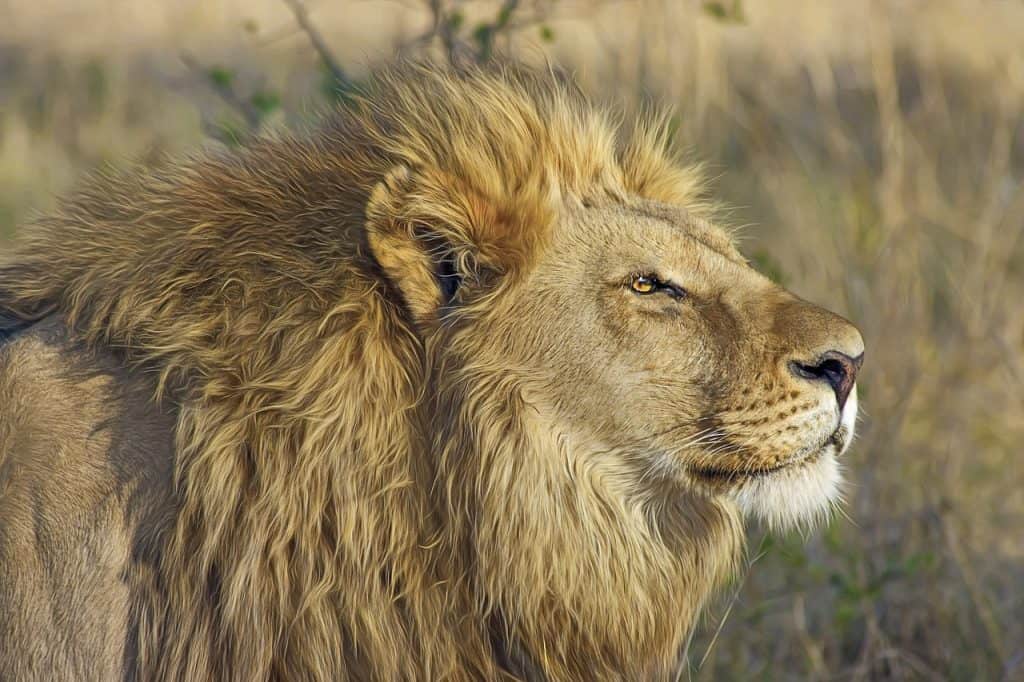
Muscular Conditioning
Weightlifting
Weightlifting is a powerful tool for hunters looking to improve their muscular strength and endurance. By incorporating weightlifting exercises into your training routine, you can build the necessary strength for activities such as carrying gear, dragging game, and traversing rugged terrain. Focus on compound exercises like squats, deadlifts, and bench presses to target multiple muscle groups simultaneously.
Resistance Training
Resistance training, using tools such as resistance bands or weight machines, is ideal for hunters who may not have access to a gym or prefer working out at home. Resistance training helps strengthen muscles, improves joint stability, and enhances overall functional strength. It can be particularly beneficial for movements involved in hunting, such as drawing a bow or carrying a backpack.
Bodyweight Exercises
Bodyweight exercises are an accessible and effective way to improve muscular conditioning without the need for specialized equipment. Exercises such as push-ups, lunges, planks, and squats help develop strength, stability, and flexibility. These exercises can be easily incorporated into your training routine, both indoors and outdoors, making them a convenient option for hunters preparing for the physical demands of hunting in Africa.
Flexibility and Mobility
Stretching
Stretching is essential for maintaining flexibility and mobility, which are crucial aspects of physical fitness for hunting. Incorporating a regular stretching routine into your fitness regimen can improve joint flexibility, prevent muscle imbalances, and reduce the risk of injury. Prioritize static stretches that target major muscle groups, holding each stretch for at least 20-30 seconds.
Yoga
Yoga combines stretching, strength, and balance exercises, making it a holistic approach to improving flexibility and mobility. Adding yoga to your training routine can enhance your body’s range of motion, increase core strength, and improve overall body awareness. Consider attending yoga classes or following online tutorials specifically designed for hunters to incorporate yoga into your fitness regimen.
Pilates
Pilates focuses on core strength, stability, and flexibility, making it an effective discipline for hunters looking to improve their physical performance. Pilates exercises target the deep muscles of the abdomen and back, enhancing postural alignment and body control. Incorporating Pilates into your training routine can improve balance, coordination, and flexibility, which are vital for navigating challenging terrains during a hunting expedition in Africa.
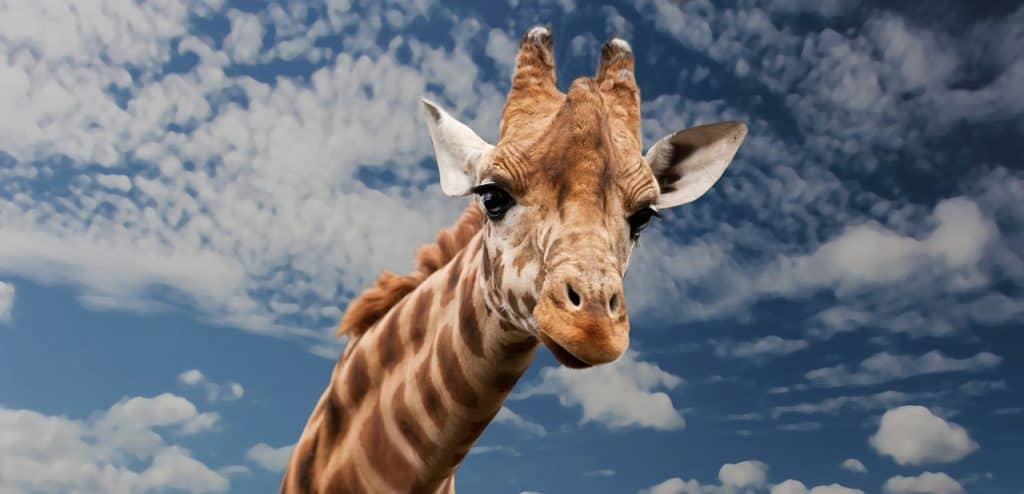
Mental Preparation
Visualize the Hunt
Mental preparation plays a crucial role in successfully navigating the physical demands of hunting in Africa. Visualizing the hunt before you embark on your journey can help mentally prepare you for challenging situations, such as tracking animals, remaining patient, and making accurate shots. Take time to imagine different scenarios, visualize your successes, and mentally rehearse the necessary movements and decisions.
Practice Patience
Hunting requires patience, and mastering this skill is key to a successful hunt. Practice patience in your daily life, whether it be waiting for something or deliberately putting yourself in situations that require patience. Cultivating patience will help you remain calm, focused, and resilient during the physically demanding and mentally challenging aspects of hunting in Africa.
Manage Stress
It’s important to manage stress effectively, as hunting in Africa can bring about moments of tension and pressure. Implement stress management techniques into your daily routine, such as meditation, deep breathing exercises, or engaging in activities that help you relax. Recognize that stress is normal but learning how to manage it will allow you to remain focused and perform at your best while hunting.
Gear and Equipment
Research Hunting Gear
Preparing for the physical demands of hunting in Africa involves selecting appropriate gear and equipment based on the specific requirements of your hunt. Extensive research is vital to identify the necessary gear, such as firearms, ammunition, optics, and field-dressing tools. Additionally, gaining knowledge about hunting regulations and restrictions will ensure compliance and a successful hunting experience.
Clothing and Footwear
Choosing suitable clothing and footwear is crucial for comfort and safety during a hunt in Africa. Select clothing appropriate for the climate and terrain you will encounter, opting for moisture-wicking and breathable materials. High-quality boots with proper support, traction, and durability are essential to withstand long hours of walking on uneven terrain. Be sure to invest in protective clothing if hunting in areas where there may be thorny vegetation or insect-borne diseases.
Backpack and Accessories
A reliable backpack is essential for carrying essential hunting equipment and supplies comfortably. Look for a backpack with sufficient compartments, adjustable straps, and a sturdy frame to distribute weight evenly. Consider the specific needs of your hunt and choose accessories, such as a GPS device, binoculars, a multi-tool, and a first aid kit, to enhance both your safety and preparedness.
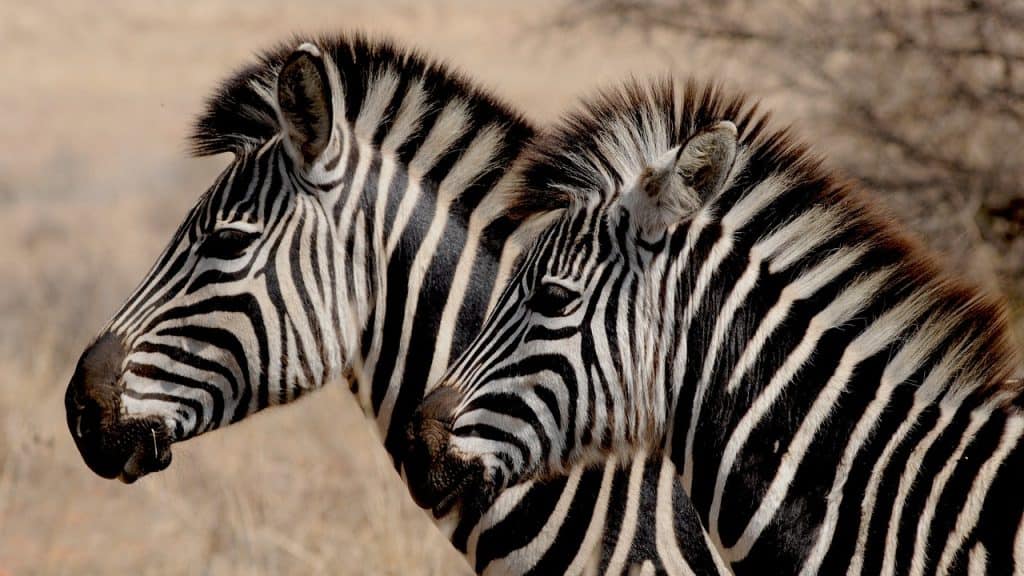
Hydration and Nutrition
Drink Sufficient Water
Staying hydrated is crucial for maintaining optimal physical performance during a hunt in Africa. Adequate hydration helps regulate body temperature, prevents fatigue, and increases mental alertness. Carry a sufficient supply of water or invest in a hydration system that allows for easy access to fluids while on the move.
Balanced Meals
Proper nutrition is essential for fueling your body and sustaining energy levels during a physically demanding hunt. Prioritize a balanced diet that includes lean proteins, whole grains, fruits, and vegetables. Aim for regular meals that provide a mix of macronutrients, such as complex carbohydrates, healthy fats, and lean proteins, to support your body’s needs.
Energy-Boosting Snacks
Snacks that provide quick and sustained energy can be a valuable addition to your hunting supplies. Pack light, non-perishable snacks such as energy bars, nuts, and dried fruits to keep your energy levels up while on the move. These snacks offer a convenient source of carbohydrates and healthy fats, providing a much-needed energy boost during physically strenuous activities.
Acclimatization
Adjusting to Weather
Acclimatizing to the weather conditions of your hunting destination is crucial for maintaining optimal physical performance. If possible, spend time outdoors in similar weather conditions as your trip, gradually exposing yourself to higher temperatures, humidity, or cold. This gradual acclimatization will help your body adapt and be better prepared to endure the weather conditions during your hunt.
Altitude Adjustment
If your hunt takes place at high altitudes, it is essential to prepare your body for the decreased oxygen levels and potential altitude sickness. Engage in physical activities that increase cardiovascular endurance, such as hiking or running, to help your body adapt to the reduced oxygen supply. Additionally, consider arriving at your hunting destination a few days before the hunt to allow for acclimatization to the altitude.
Emergency Preparedness
First Aid Training
No matter how well-prepared you are, it is essential to have sufficient knowledge of first aid techniques and basic medical skills. Enroll in a first aid training course that covers wilderness first aid, as it will equip you with the knowledge and skills to handle potential injuries or medical emergencies that may occur during a hunting expedition in Africa.
Emergency Supplies
In addition to first aid training, ensure you carry a well-stocked emergency supply kit. The kit should include essential items such as bandages, adhesive tape, pain relievers, antiseptic wipes, sunscreen, insect repellent, and any necessary prescription medications. A reliable communication device, such as a satellite phone or a personal locator beacon, is also recommended for emergency situations.
Guided Experienced Hunts
Choose a Professional Guide
For hunters unfamiliar with the terrain, wildlife, or hunting regulations in Africa, enlisting the services of a professional guide is highly recommended. A professional guide will possess extensive knowledge and experience in the specific hunting area, ensuring your safety, navigating challenging terrains, and maximizing your chances of a successful hunt. Research and select a reputable guide who aligns with your hunting goals and expectations.
Use Hunting Experts’ Knowledge
Engaging with hunting experts, whether through guide services, online forums, or mentorship programs, can provide significant insights and enhance your overall preparedness. Hunting experts have firsthand knowledge of the challenges and physical demands of hunting in Africa and can offer valuable advice and tips. Their expertise can significantly enhance your hunting skills and help you navigate the physical demands of the African hunting experience.
In conclusion, preparing for the physical demands of a hunting expedition in Africa requires a holistic approach to fitness and mental preparation. Evaluating your fitness level, engaging in endurance and strength training, improving flexibility and mobility, managing stress, and familiarizing yourself with appropriate gear and equipment are all crucial steps. Additionally, acclimatizing to the weather and altitude, being prepared for emergencies, and seeking guidance from professionals and hunting experts will ensure a successful and fulfilling hunting experience in Africa. Remember, investing the time and effort in physical and mental preparation will greatly enhance your capabilities and enjoyment during your African hunting adventure.

